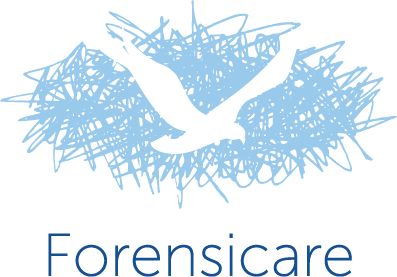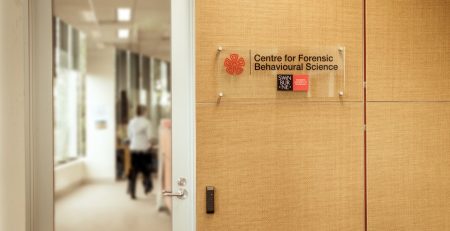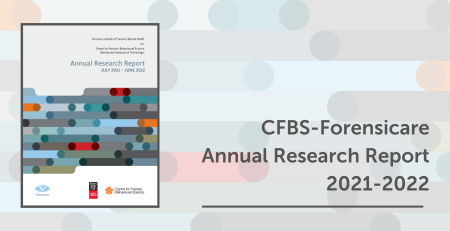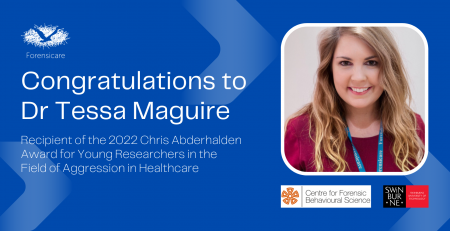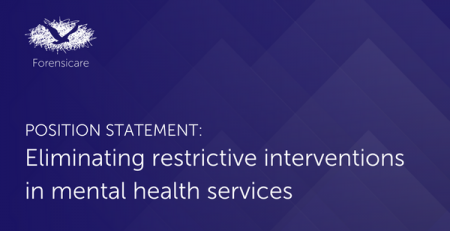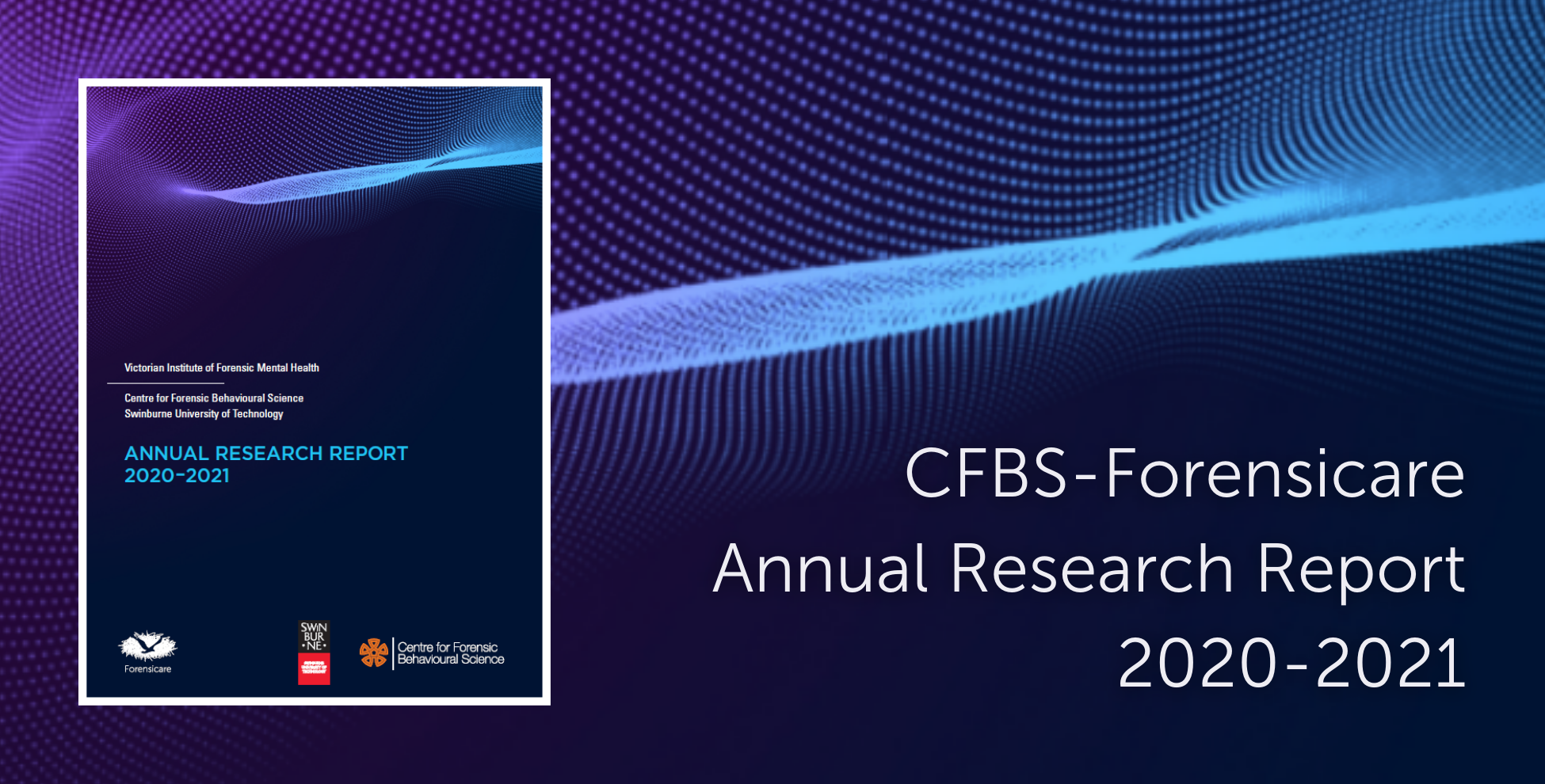CFBS awarded research grant to help identify patients at risk of self-harm
A team at the Centre for Forensic Behavioural Science (CFBS) have been awarded a grant to commence a new research project to examine whether a risk assessment instrument – developed to help nurses identify patients at risk of imminent aggression – can be adapted to help identify people who may be at risk of deliberate self-harm.
The team which includes Dr Melanie Simmons, Dr Tess Maguire and Professor Michael Daffern hope that the project will support nurses to intervene early, and ultimately reduce rates of self-harm in forensic inpatient settings.
“Receiving this award offers a great opportunity to explore risk assessment and intervention, particularly within the prison setting,” Dr Maguire said.
The grant has been awarded by the Barbara Dicker Brain Sciences Foundation which supports research at Swinburne University of Technology aimed at enhancing the wellbeing of people affected by neurological and psychological disorders.
Identifying the risk of deliberate self-harm
Deliberate self-harm is a significant concern in mental health settings worldwide, with approximately 20% of mental health inpatients and up to 70% of forensic mental health inpatients engaging in self-harm during their admission.
“Research suggests that deliberate self-harm screening instruments are of limited benefit for day-to-day assessments and management of risk. This is due to their focus on historical factors, such as having a history of self-harm, which don’t fluctuate. We know that for most people, the risk of deliberate self-harm fluctuates, corresponding with changes in dynamic risk factors, like feelings of hopelessness,” Dr Simmons explains.
“If we can determine the most important dynamic risk factors and monitor these then we can provide dynamic care and treatment and hopefully reduce the frequency of deliberate self-harm.”
The team will hope that the Dynamic Appraisal of Situational Aggression (DASA) – a risk assessment instrument developed by Professor Daffern and Professor Jim Ogloff at the CFBS – can be adapted to support clinicians to identify those at risk of self-harm. The instrument currently supports nurses to identify when a patient is experiencing negative emotions and behavioural instability, which are signs that a person may engage in aggression.
“Although the DASA was designed to assess the risk of aggression, we think it may also be useful for identifying the risk of deliberate self-harm,” Dr Maguire said.
“We hope that we are able to identify specific risk factors of deliberate self-harm that can be added to the instrument so that it can be adapted for use in mental health settings, and ultimately support work to reduce the rates of self-harm among patients.”
The team will commence the study across units in Forensicare’s Prisons Service in early 2022.
